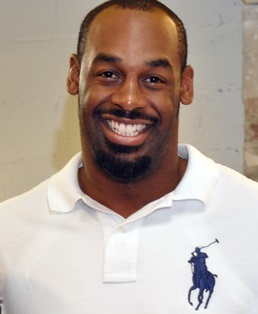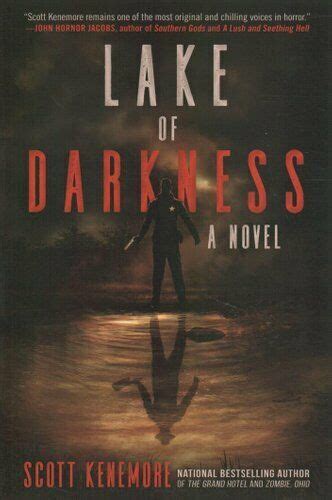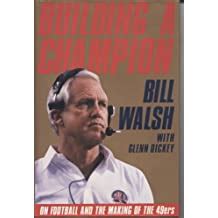A Quote by Cherie Priest
OMG YOU GUYS it has come to my attention that SOMEONE on the internet is saying that my fictional 19th century zombies are NOT SCIENTIFICALLY SOUND. Naturally, I am crushed. To think, IF ONLY I’d consulted with a zombologist or two before sitting down to write, I could’ve avoided ALL THIS EMBARRASSMENT.
Related Quotes
The Anglo-American tradition is much more linear than the European tradition. If you think about writers like Borges, Calvino, Perec or Marquez, they're not bound in the same sort of way. They don't come out of the classic 19th-century novel, which is where all the problems start. 19th-century novels are fabulous and we should all read them, but we shouldn't write them.
When you get an idea, so many things come in that one moment. You could write the sound of that idea, or the sound of the room it's in. You could write the clothes the character is wearing, what they're saying, how they move, what they look like. Instead of making up, you're actually catching an idea, for a story, characters, place, and mood - all the stuff that comes.
When you get an idea, so many things come in that one moment. You could write the sound of that idea, or the sound of the room it's in. You could write the clothes the character is wearing, what they're saying, how they move, what they look like. Instead of making up, you're actually catching an idea, for a story, characters, place, and mood - all the stuff that comes. When you put a sound to something and it's wrong, it's so obvious. When it's right, the whole is greater than the sum of the parts. That's a magical thing that can happen in cinema.
Yiddish, originally, in Eastern Europe was considered the language of children, of the illiterate, of women. And 500 years later, by the 19th century, by the 18th century, writers realized that, in order to communicate with the masses, they could no longer write in Hebrew. They needed to write in Yiddish, the language of the population.
I was really interested in 20th century communalism and alternative communities, the boom of communes in the 60s and 70s. That led me back to the 19th century. I was shocked to find what I would describe as far more utopian ideas in the 19th century than in the 20th century. Not only were the ideas so extreme, but surprising people were adopting them.
When fighting zombies, the only comfort one can have--if, indeed, it can be called a "comfort"--is knowing where the zombies are. "They are over there, and we are over here. When they come at us, we're going to shoot them down. That's how it's going to work. They're just zombies, and they're way over there. No way are we going to f*** this up." But when zombies then unexpectedly pop up behind you--Bam!--the whole battle plan's not so cut and dried, is it, Mr. Tough Guy?
We need to drive down requirements for the schools. In the 19th century, we increased the quality of the schools by higher education saying, 'You can't come in unless you have these skills, unless you've taken these courses.' We did that in Wisconsin when I was there, it helped to transform the secondary school system.
In the beginning of the 19th century, maybe forty percent of women and fifty percent of men could produce a signature, which meant that they'd had at least three years of education because it was in third grade that people started penmanship in the 19th century. And of course black people could get killed if they got caught teaching themselves to read in some parts of the country.
I love the sound of a brand-new bottle of coke when you pry the lid off and it starts to fizz. Whenever I hear that sound, I think of roses, and of sitting together with someone you care about and of Romeo and Juliet waking up somewhere and saying to each other, weren't we jerks? And then having all that be over. That's what I think of when I hear the sound of a brand-new bottle of Coke being opened





































